Victims of Wildfires Must be Wary of Scams
August 23, 2018
Thousands of wildfire survivors face a long road recovering from the devastating fires that have destroyed or damaged thousand of homes in California. But now, Insurance Commissioner Dave Jones is warning against a new threat: Unlicensed contractors and scam artists trolling those areas.
"A wildfire leaves more than burned homes and uprooted lives in its wake," Jones said. "These catastrophes also can blow in fly-by-night unlicensed contractors and door-to-door scam artists eager to capitalize on the misfortunes of innocent and traumatized wildfire survivors."
The most common fraud schemes that occur in the aftermath of a disaster generally involve price gouging, offers of debris removal, and fraudulent charitable solicitations. Because property loss from a disaster can be so traumatic, victims of disaster can become easy targets for fraud.
Jones said it's important to keep a sharp lookout for people who try to play on the emotions of those stricken by disaster.
He also noted that public insurance-adjusters are prohibited from soliciting business until seven days have elapsed since the conclusion of a disaster unless the public adjuster is contacted directly by the insured or the insured's representative.
Tips from the Contractor's State License Board (CSLB) for hiring a contractor:
• Don't rush into repairs, no matter how badly they're needed.
• Don't hire the first contractor who comes along, or sign over any payment checks from your insurance company.
• Hire only licensed contractors and ask to see their plastic CSLB pocket license and a photo ID.
• Get bids from at least three licensed contractors, and don't necessarily take the lowest bid, especially if it's much lower than other bids.
• Always check the license number on CSLB's website at http://www.cslb.ca.gov or CheckTheLicenseFirst.com, and contact the business directly if you have any questions.
• Get three references from each bidder, and view their previous work in-person.
• Get your contract in writing.
Consumers that have any difficulty with their insurer or concerns about a potential scam artist are urged to contact the Department of Insurance's Consumer Hotline, (800) 927-4357.










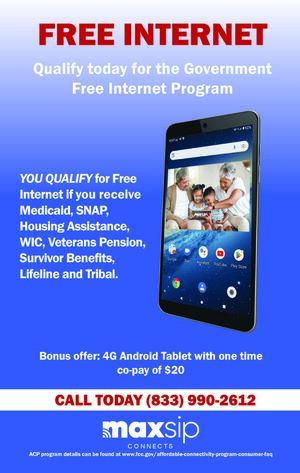

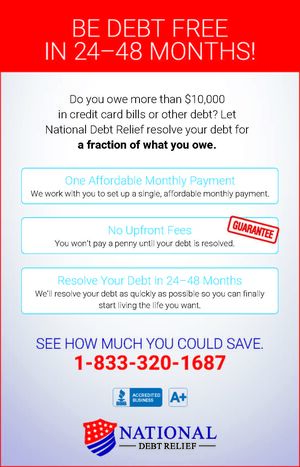
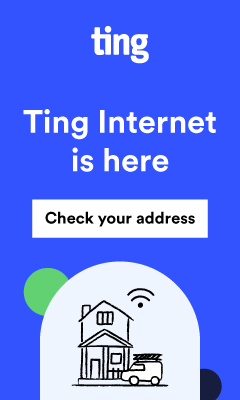
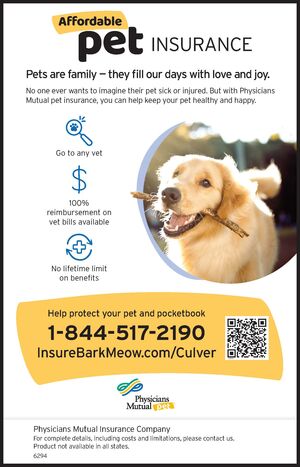


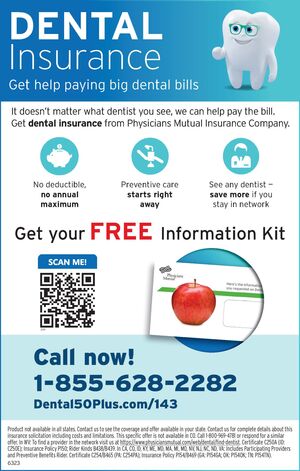
Reader Comments(0)